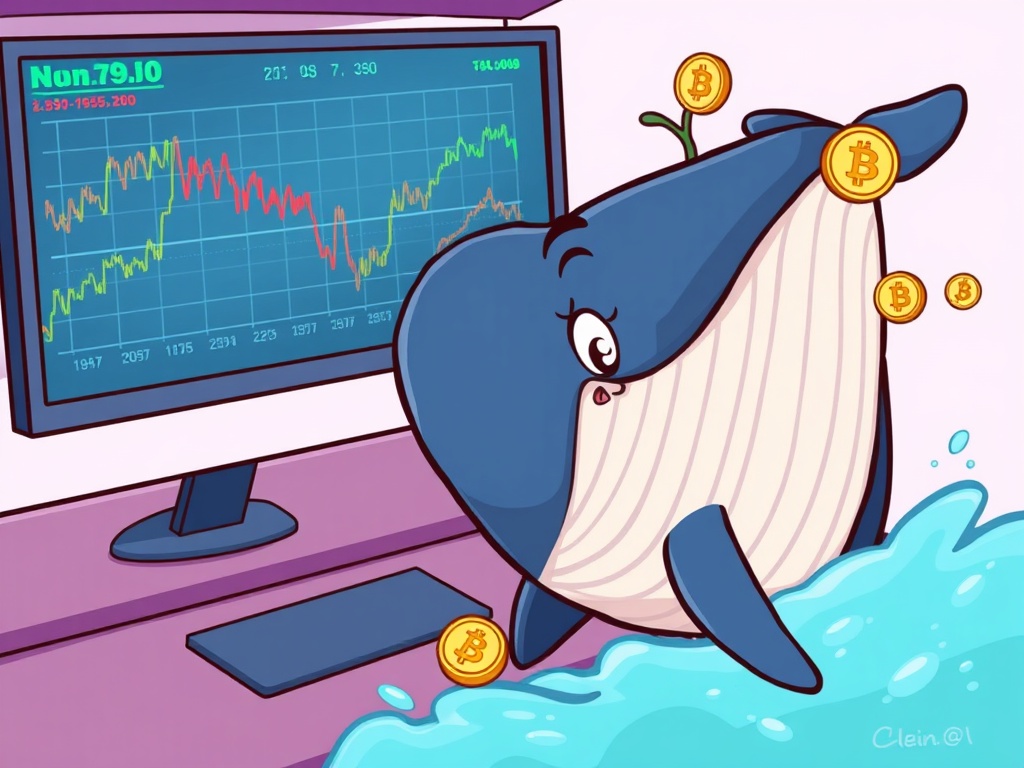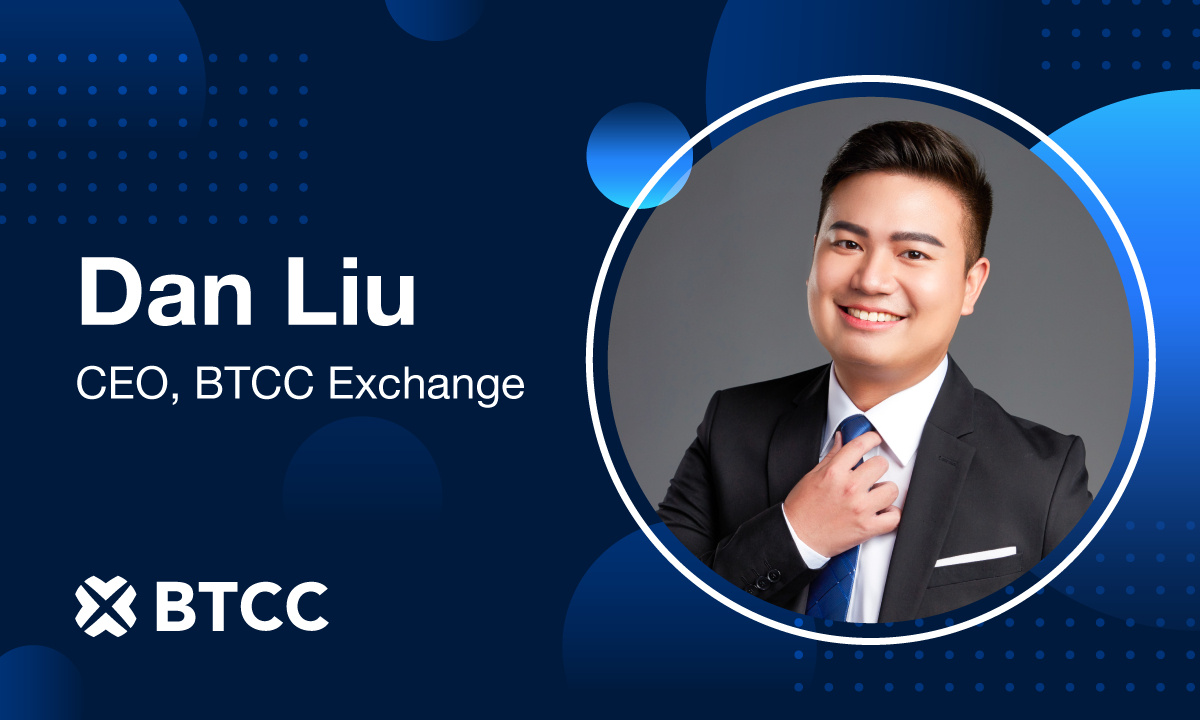BitcoinWorld

Real-World Asset Tokenization: UK & Singapore Unleash a Powerful New Era
Are you ready for a seismic shift in how we perceive and trade assets? The global financial landscape is on the cusp of a revolutionary transformation, driven by the burgeoning field of tokenization. At the forefront of this exciting evolution are two major financial hubs, the UK and Singapore, who have just cemented a groundbreaking commitment to deepen their UK Singapore collaboration in the realm of digital finance, particularly focusing on the immense potential of real-world asset tokenization. This strategic partnership isn’t just about discussions; it’s about actively building the future of finance, piece by digital piece.
UK Singapore Collaboration: Forging a Strategic Alliance for Digital Finance
This week, London played host to a pivotal event: the 10th UK-Singapore Financial Dialogue. More than just a diplomatic meeting, it served as a robust platform for both nations to reiterate their shared vision for a more efficient, inclusive, and technologically advanced financial ecosystem. The core agreement? To significantly strengthen their cooperation in digital finance, with a keen eye on tokenized assets and the transformative power of Artificial Intelligence (AI). This isn’t merely a handshake agreement; it’s a strategic move designed to position both nations at the vanguard of financial innovation.
Why is this UK Singapore collaboration so significant? Both countries boast highly sophisticated financial sectors, strong regulatory frameworks, and a forward-thinking approach to technology. By combining their strengths, they aim to:
- Accelerate Innovation: Foster an environment where new digital financial products and services can flourish safely.
- Set Global Standards: Influence the development of international norms and best practices for digital assets.
- Attract Investment: Become preferred destinations for fintech companies and investors seeking clarity and opportunity in the digital asset space.
- Enhance Market Efficiency: Leverage technology to reduce costs, increase speed, and improve transparency in financial transactions.
What is Real-World Asset Tokenization and Why Does it Matter?
At the heart of this collaborative effort lies real-world asset tokenization. But what exactly does that mean, and why is it generating such a buzz? In simple terms, real-world asset (RWA) tokenization involves converting ownership rights of tangible or intangible assets into digital tokens on a blockchain. Imagine owning a fractional share of a skyscraper, a piece of fine art, or even a rare vintage car, all represented by a secure, immutable digital token on a distributed ledger. This is the power of RWA tokenization.
The implications are profound. This technology promises to revolutionize traditional finance by:
- Boosting Liquidity: Making illiquid assets (like real estate or private equity) more easily tradable.
- Enabling Fractional Ownership: Allowing more investors to access high-value assets by owning a smaller, tokenized portion.
- Increasing Transparency: Providing an immutable record of ownership and transactions on the blockchain.
- Reducing Costs and Friction: Streamlining processes by eliminating intermediaries and manual paperwork.
- Expanding Market Access: Opening up investment opportunities to a broader global audience.
From property and commodities to intellectual property and even future revenue streams, almost any asset can theoretically be tokenized. This move by the UK and Singapore signals a clear intent to move beyond theoretical discussions and into practical implementation of this transformative technology.
Project Guardian: Paving the Way for Digital Finance Innovation
A cornerstone of this renewed cooperation is the advancement of Project Guardian. This isn’t a new concept; it’s a joint initiative spearheaded by regulators and the investment sector in both nations, specifically designed to explore the real-world potential of tokenized financial assets. Think of it as a sandbox for innovation, where key players can experiment with tokenization use cases in a controlled, collaborative environment.
The dialogue highlighted plans to significantly broaden industry participation in Project Guardian. This means bringing in more diverse voices and expertise from leading organizations such as the UK Investment Association and the Investment Management Association of Singapore. Why is this expansion crucial? Because true innovation in digital finance requires a collective effort:
| Stakeholder | Role in Project Guardian |
|---|---|
| Regulators (e.g., MAS, FCA) | Provide regulatory clarity, identify risks, and ensure market integrity. |
| Financial Institutions | Pilot new tokenized products, develop infrastructure, and test market viability. |
| Technology Providers | Build the underlying blockchain platforms and smart contract solutions. |
| Legal Experts | Ensure compliance with existing laws and advise on new legal frameworks. |
By involving a wider array of industry participants, Project Guardian aims to accelerate the development of practical, scalable solutions for tokenized assets, paving the way for mainstream adoption in the broader digital finance landscape.
Seamless Connectivity: The Vision for Cross-Border Trading
Beyond individual asset tokenization, the dialogue also extensively covered the Global Layer One (GL1) project. This ambitious initiative directly addresses one of the biggest hurdles in the global adoption of tokenized assets: facilitating seamless cross-border trading. Imagine a world where an investor in London can easily purchase a tokenized real estate asset in Singapore, and vice-versa, with minimal friction and maximum efficiency.
The GL1 project aims to achieve this by tackling both regulatory and technical challenges that currently impede international tokenized asset transfers. These challenges include:
- Regulatory Divergence: Different countries have varying laws regarding digital assets, making interoperability complex.
- Technical Interoperability: Ensuring different blockchain networks can communicate and transfer assets securely.
- Legal Certainty: Establishing clear legal frameworks for ownership, transfer, and dispute resolution across borders.
- Settlement Efficiency: Developing robust mechanisms for real-time gross settlement of tokenized transactions.
By working together on GL1, the UK and Singapore are not just looking to benefit their own economies; they are aiming to lay the groundwork for a more interconnected and efficient global financial system, where cross-border trading of tokenized assets becomes as commonplace as traditional foreign exchange.
The Broader Implications: Why This Matters for the Future of Finance
This strengthened alliance between the UK and Singapore is a significant indicator of the growing momentum behind digital assets and blockchain technology in mainstream finance. It signals a clear intent from leading economies to embrace innovation rather than resist it. For investors, financial institutions, and technology firms, this collaboration offers:
- Increased Certainty: A clearer regulatory environment fosters greater confidence for investment and development.
- New Investment Opportunities: Access to a wider range of tokenized assets and new financial products.
- Technological Advancement: Driving the development of robust and secure blockchain infrastructure.
- Global Leadership: Positioning the UK and Singapore as pioneers in the evolving digital economy.
The path forward will undoubtedly have its challenges, from navigating complex legal landscapes to ensuring robust cybersecurity. However, the proactive and collaborative approach taken by these two financial powerhouses demonstrates a strong commitment to overcoming these hurdles and realizing the full potential of tokenization.
Conclusion: A Glimpse into the Future of Global Finance
The 10th UK-Singapore Financial Dialogue marks a crucial step forward in the global journey towards a tokenized future. By deepening their UK Singapore collaboration, focusing on real-world asset tokenization, advancing Project Guardian, and laying the groundwork for seamless cross-border trading via GL1, these nations are not just talking about innovation; they are actively building it. This alliance promises to unlock unprecedented liquidity, efficiency, and access in the world of digital finance, setting a powerful precedent for other countries to follow. The future of finance is digital, and the UK and Singapore are leading the charge.
To learn more about the latest crypto market trends and the evolving landscape of digital assets, explore our article on key developments shaping real-world asset tokenization and institutional adoption.
This post Real-World Asset Tokenization: UK & Singapore Unleash a Powerful New Era first appeared on BitcoinWorld and is written by Editorial Team





